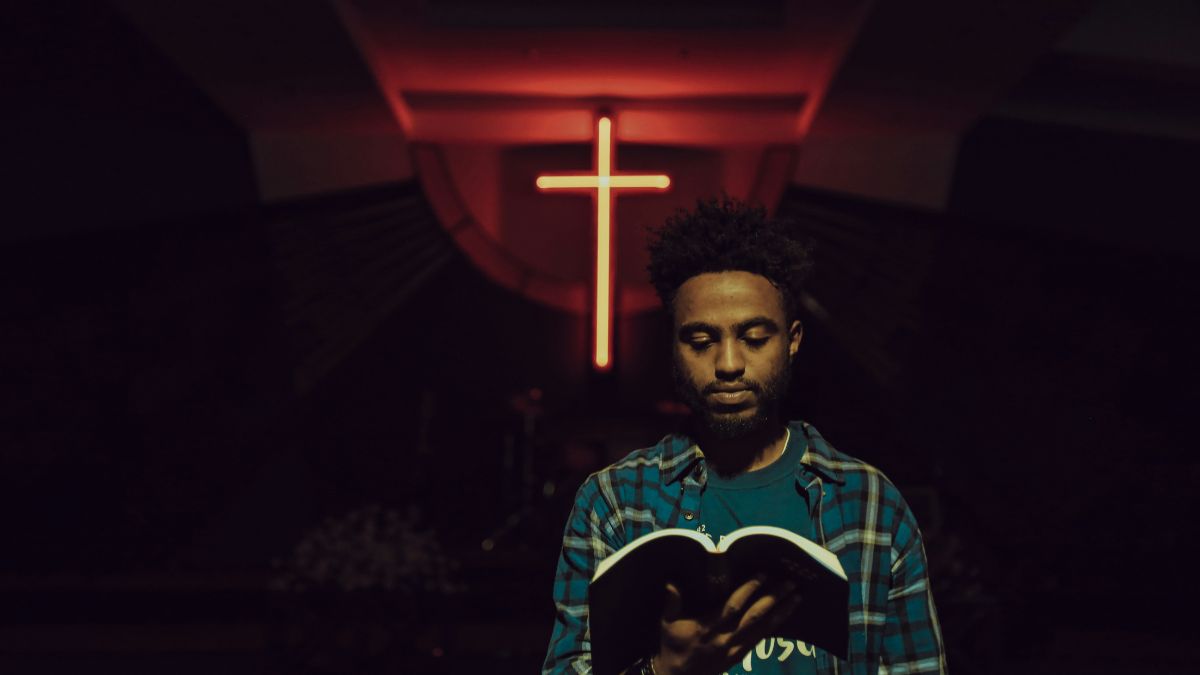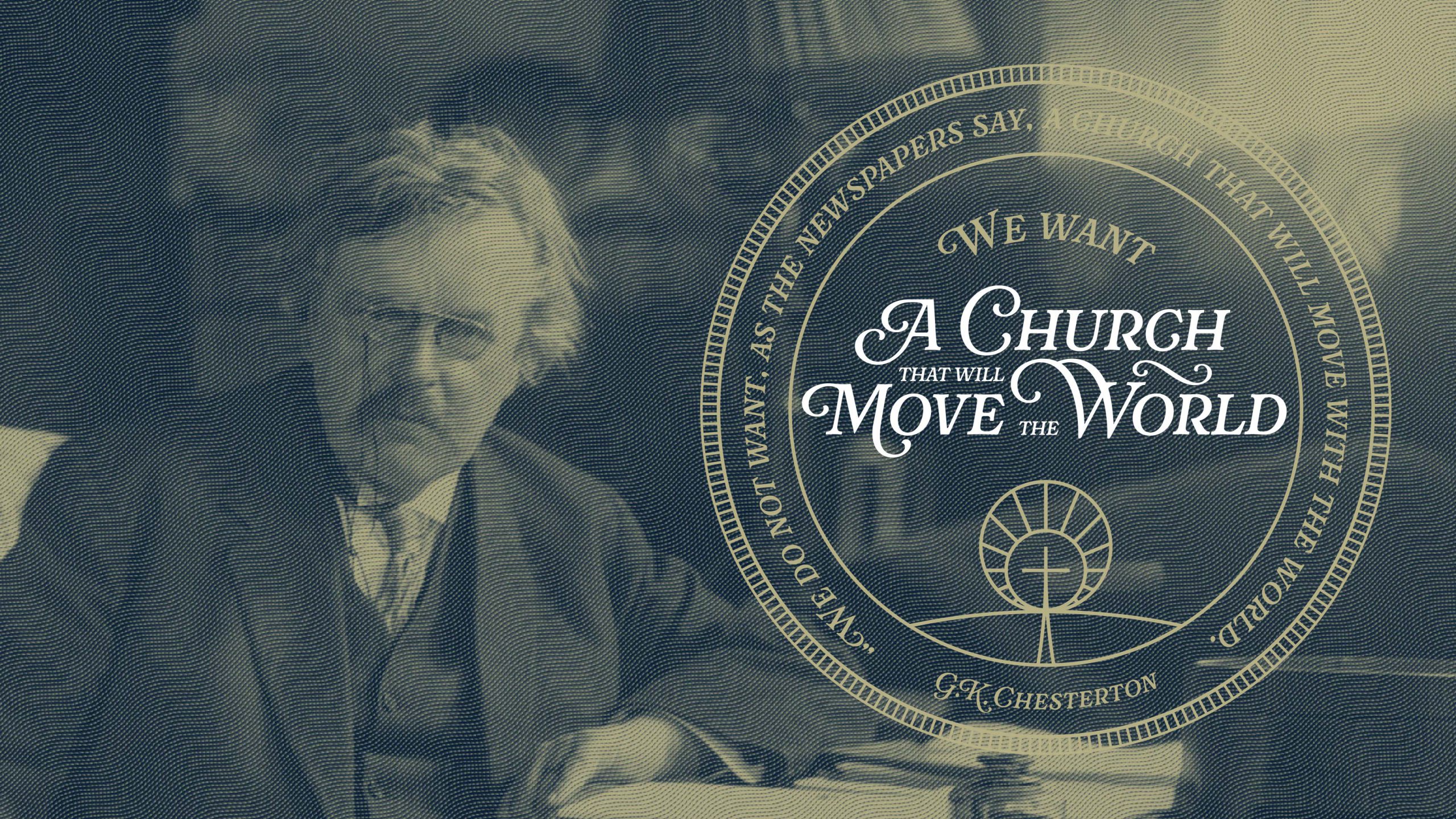

BreakPoint
Family Values on HBO?
I don't watch the HBO series Sex and the City -- that graphic television show depicting the supposedly glamorous sexual escapades of four single women in New York. But enough people have told me about it that I'm glad I don't watch it. Recently, in the excellent English magazine The Spectator, writer Mary Kenny made an unusual observation: "Sex and the City means family values" read the title of her article. You've got to be kidding, right? Explicit sex, graphic language, glamorized promiscuity -- where do "family values" fit in there? Well, the truth we can't not know, to use the title of J. Budziszewski's recent book, can pop up in unexpected places -- particularly the truth about human nature. We're made for one another, and men and women were created with certain roles. And when we flout them, the way we're made will always come back to haunt us. For example, the fact that homosexuals desire marriage actually betrays the "lifestyle" they extol. Of course they want to marry and have children -- they're human, and that's the way God made us. But two homosexuals "married" can't do that, which is why marriage and homosexuality can never go together. Gay "marriage" has always got to be a counterfeit, and gays know it. "The 'forces of conservatism' always win in the end," writes Mary Kenny, "because it is the natural order." Though moral Darwinists would say otherwise, humans weren't meant to jump from mate to mate, or juggle multiple partners at once, because sex is not a recreational act. It is not, says Kenny, that "brash, competitive, and indeed consumerist" activity depicted on Sex and the City. Rather, she goes on to say, it's one that "evokes in human beings something both animal and transcendental." Exactly. Sex is a procreational act, carrying the weight of life-bearing potential. And it works to promote spousal unity -- it's not meant to fulfill selfish desires, and if used for that end, it's ultimately unsatisfying. And so when we see Samantha on the screen, the most uninhibited character in the show, hopping from one sexual partner's bed to the next, writes Kenny, we cringe. Nobody applauds such self-deprecation. Then there's Miranda, the lawyer and now a single mother, finding fulfillment in motherhood and wanting to cut back on her work to be with her child. She yearns for her child's father and for the stability and commitment of marriage. Charlotte, the erstwhile WASP who always wanted marriage, converts to Judaism for her husband. And finally, Carrie, the center of the show, sums up the futility of the sexually "liberated" single life when she remarked to a friend, "I'm lonely. I'm really lonely." Later, at Charlotte's wedding, Carrie tells her, "I wish I had a man strong enough to catch me when I stumble." Two are better than one, as Ecclesiastes says. We weren't meant to be alone, nor to give ourselves away to anyone and everyone. The way Sex and the City is ending up illustrates this truth. It tried to portray the glamour of the sexual libertine lifestyle, but it doesn't work -- even on TV. Sooner or later human nature -- as created by God -- kicks in. And apparently the writers of Sex and the City found that out. For further reading and information: Mary Kenny, "Sex and the City means family values," The Spectator (London), 16 August 2003. Gina Dalfonzo, "Complicating the Issue," BreakPoint Online, 30 June 2003. (Also see "The Ick Factor.") Marcia Segelstein, "Unforbidden Fruit," BreakPoint Online, 10 June 2003. Rabbi Schmuley Boteach, "The Summer of Gay Love 2003," Beliefnet, 21 August 2003. Lee Siegel, "Relationshipism," The New Republic, 11 November 2002. (You must be a subscriber to access this article, or sign up for a free four-week trial.) J. Budziszewski, What We Can't Not Know(Spence, 2003). Thomas Hibbs, Shows about Nothing (Spence, 1999).
08/26/03















